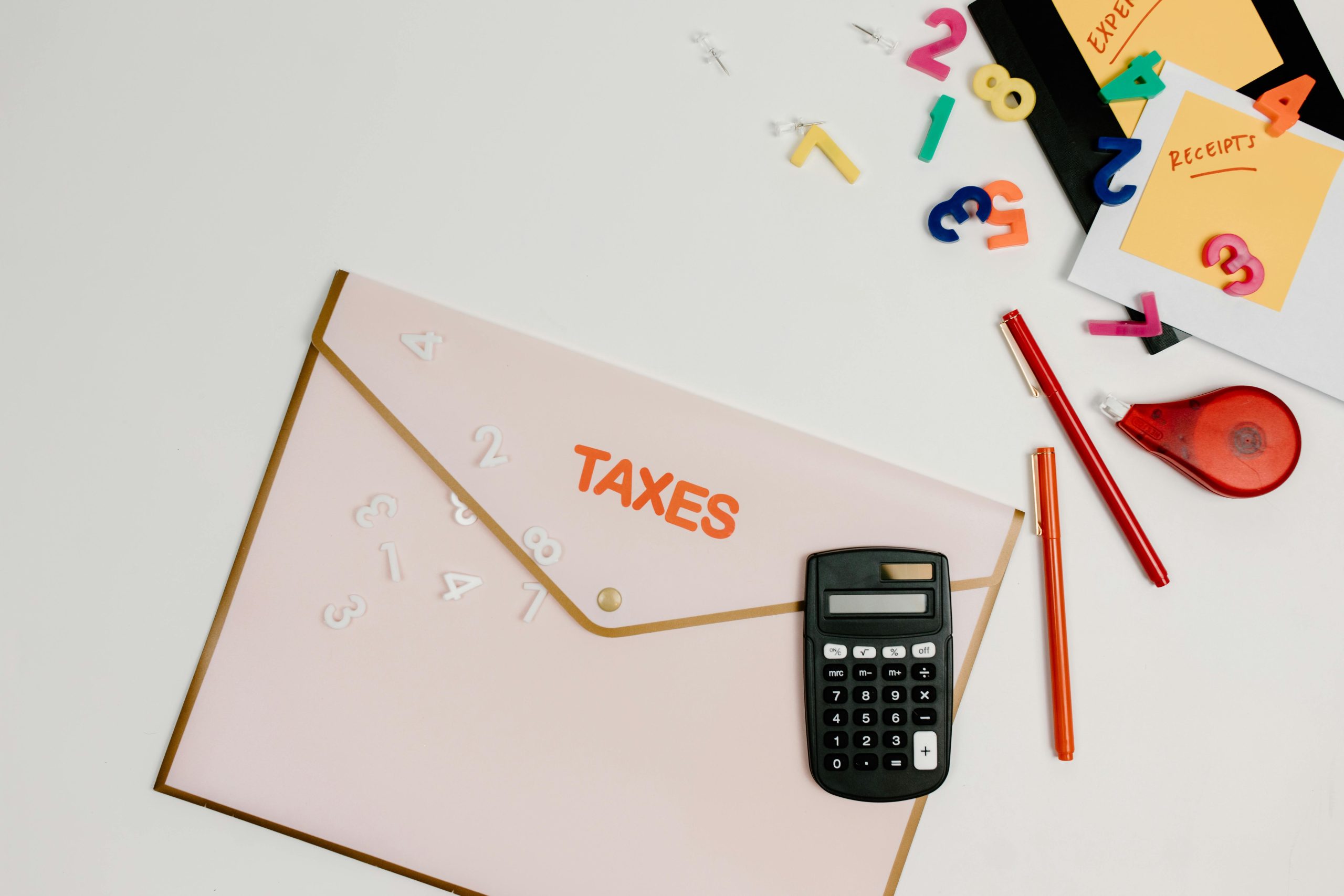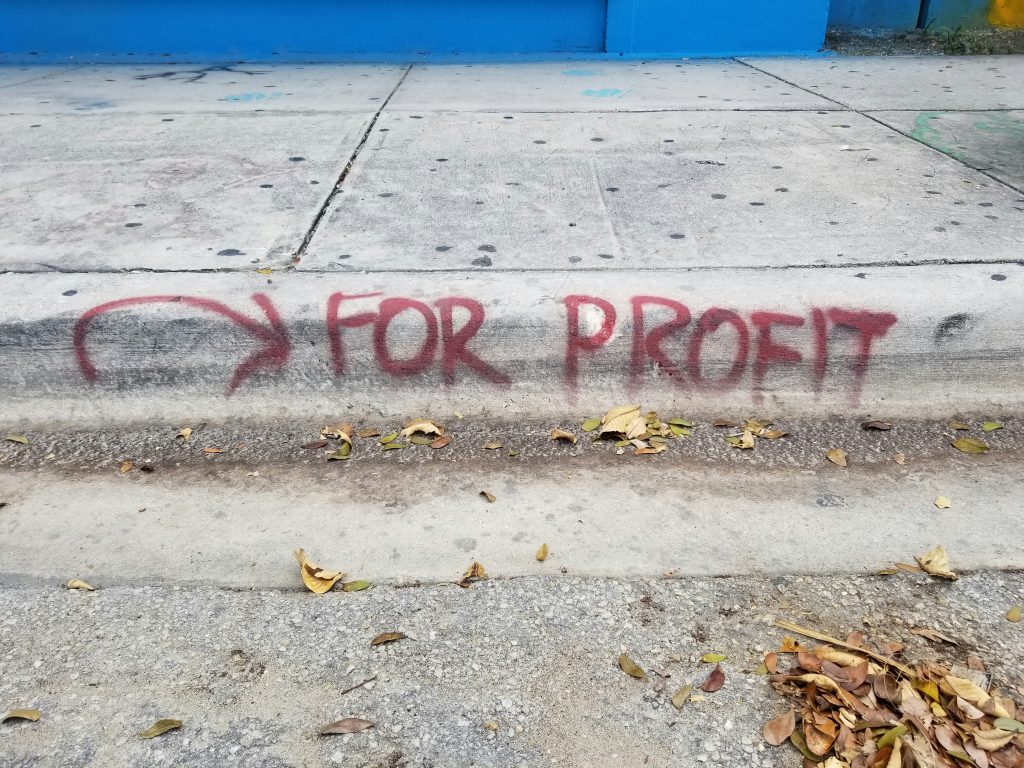“I once signed up for a tax planning course thinking it’d be a quick win. Spoiler alert: It wasn’t.”
Let’s face it—tax planning is intimidating. Numbers, laws, forms… *whirrrr*, sounds like your brain overheating already, right? But what about those shiny course certificates that promise to make you an expert? What do they REALLY mean? Are they worth the money—and the effort?
In this post, we’ll answer all your burning Course Certificate FAQs. You’ll learn how to pick the right course, understand certificate legitimacy, and avoid rookie mistakes (like buying knock-off certifications). Plus, I’ll share some rant-worthy truths about shady online programs.
Table of Contents
- Why Tax Planning Certificates Matter
- How to Choose the Right Course
- Pro Tips for Maximizing Your Certification
- Real-World Success Stories
- Course Certificate FAQs Answered
Key Takeaways
- A legit tax planning certificate can boost credibility—but not all are created equal.
- Not every expensive course guarantees ROI; research is non-negotiable.
- Certifications complement experience—they don’t replace it.
Why Tax Planning Certificates Matter

Tax planning isn’t just number crunching—it’s strategy. And in industries where expertise matters (think: finance or consulting), having a recognized qualification puts you ahead. Why? Because clients trust certified professionals.
Here’s the catch: Not all certificates carry weight. There are scams out there peddling worthless PDFs. My confessional fail? A $49 deal on Groupon led me down a rabbit hole of outdated content and no real accreditation. Lesson learned.
Optimist You: “This could open doors!”
Grumpy You: “Ugh, fine—but only if coffee’s involved.”*
How to Choose the Right Course
Step 1: Identify Accreditation Standards
Look for courses accredited by reputable institutions like IRS-approved organizations or industry bodies. Quick trick: Google them before enrolling.
Step 2: Check Instructor Credentials
Does the instructor have real-world experience? Avoid fluffy bios and seek proof like testimonials or years of practice.
Step 3: Evaluate Curriculum Relevance
Is the material up-to-date? Tax laws change constantly—if the syllabus mentions 2015 legislation, run.
Step 4: Assess Support & Resources
Courses with mentorship opportunities, live Q&A sessions, and workbooks tend to offer more value than prerecorded videos alone.
Pro Tips for Maximizing Your Certification

- Network Like Crazy: Join LinkedIn groups or Reddit communities related to tax advisors. Connections = referrals.
- Showcase Your Achievements: Add your certificate prominently to LinkedIn and resumes. Words matter; say “Certified Tax Planner” instead of “Took a Class Once.”
- Pursue Continuing Education: One cert isn’t magic. Keep learning through webinars, workshops, and advanced courses.
- Avoid Scams at All Costs: Shoutout to my $49 blunder. If something feels too cheap, dig deeper.
Real-World Success Stories
Take Sarah from Denver, who transformed her side hustle into a six-figure consulting business after completing a rigorous Certified Tax Planning course. Her secret sauce? Leveraging her certification to land initial clients while networking aggressively.
Or Alex, a freelancer who increased his fee structure by 30% after earning a specialized corporate tax planning credential. Clients saw his expertise as validated—and were willing to pay for it.
Course Certificate FAQs Answered
FAQ 1: Can I Become a Tax Planner Without Certification?
Yes, but it’s harder. Many employers prefer candidates with formal training. Think of certificates as shortcuts—they build trust faster.
FAQ 2: How Long Do Courses Typically Last?
Duration varies. Some last weeks; others span months. Always check prerequisites and weekly time commitments.
FAQ 3: Is an Online Course As Valuable As In-Person?
Depends. Look for interactive elements like live discussions or projects. Quality beats format any day.
FAQ 4: Will This Help Me Save Money Personally?
Absolutely. Learning tax planning strategies often helps individuals maximize deductions and credits.
FAQ 5: What Happens If the Course Becomes Obsolete?
No certificate lasts forever. Stay updated via continuous education. Don’t let your skills gather dust.
Rant Alert: Fake Certificates Are Everywhere!
Seriously, stop falling for those pop-up ads screaming, “Earn your CERTIFICATE IN JUST 2 HOURS!” Unless the certificate says “McDonald’s Employee of the Month,” speedy credentials rarely hold water.
This sleazy marketing makes me rage-click out so hard my laptop fan starts whining louder than me during tax season.
Conclusion
Certificates in tax planning can unlock incredible opportunities—but tread carefully. Research is king. Invest in quality education, leverage networks, and never stop upgrading your knowledge.
To recap:
- Choose accredited, reputable courses.
- Use your certification wisely (it’s marketing gold).
- Avoid get-rich-quick schemes disguised as deals.
And remember: Like Tamagotchis, certifications thrive with daily care. Don’t neglect yours!
(Chef’s kiss to anyone still reading this.)


